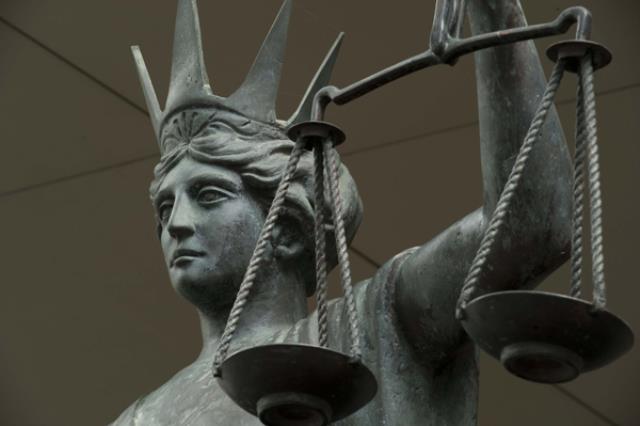Liam McNally
Moorabool council has expressed its disappointment at the verdict handed down by the Supreme Court late last year relating to the Western Renewables Link (WRL).
The WRL is a proposed 190 kilometre overhead high-voltage electricity transmission line that will carry renewable energy from Bulgana, through Moorabool and Melton to Sydenham and requires the acquisition of an easement corridor 100 metres wide along its path.
The Moorabool Central Highlands Power Alliance (MCHPA) has 2350 members and has consistently advocated for community members impacted by WRL and Victoria to New South Wales Interconnector West (VNI West) and raised significant funds to have their concerns heard by the supreme court.
The alliance challenged the validity of key decisions made by Energy and Resources Minister Lily D’Ambrosio in February and May, which sought to fast-track the WRL and VNI West projects through ministerial orders.
MCHPA challenged the orders on 10 grounds, including that the minister’s reason for making them were allegedly inadequate, legally unreasonable, and that the minister failed to adequately define the changes the orders were making.
Included in the court’s summary of the minister’s reasons for the orders which was addressing power supply reliability issues raised the early phase out of coal-fired power plants and National Electricity Law constraining actions that would accelerate the projects.
The court handed down a verdict on December 20 in favour of the minister, with Judge Michael McDonald ruling that the MCHPA did have standing to bring the matter to court, but rejected all 10 grounds on which the MCHPA challenged the orders.
Moorabool council chief executive Derek Madden said news of the decision will be difficult for community members who are affected by the project.
“For the community’s sake, we hope that timing of the Western Renewables Link environment effects statement [EES] is not further delayed and goes on exhibition for public comment in late-2024, as is currently planned,” he said.
The EES is not an approval process, rather, it enables decision makers to consider whether a project with potentially significant environmental effects should proceed.
The EES is set to be exhibited for public comment for 30 business days via the Engage Victoria website in late-2024, during which time people can lodge a submission expressing their views about the proposed project.







